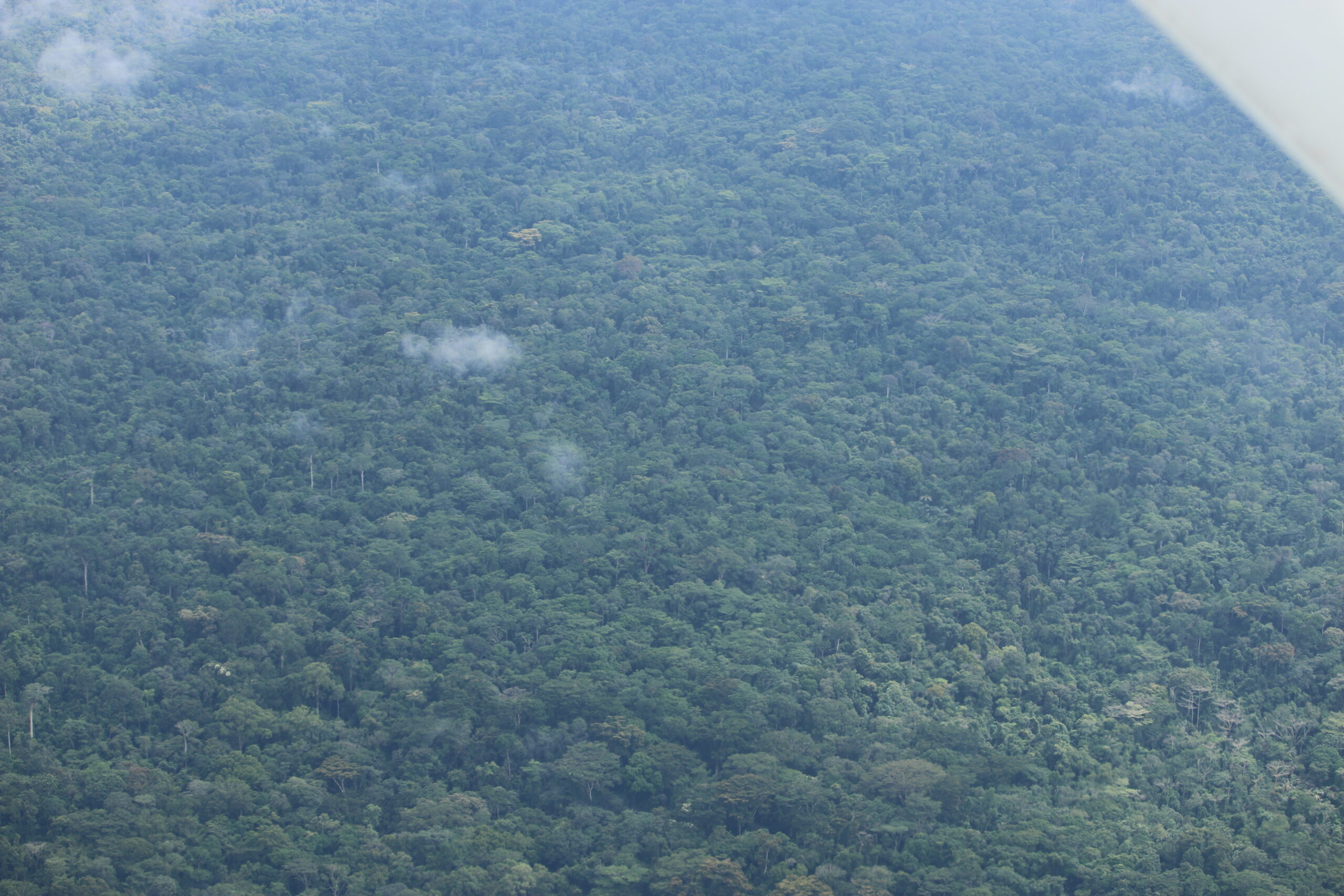Banner Image: A Forest in Sinoe. The DayLight/James Harding Giahyue
By Varney Kamara
MONROVIA- More than 150 civil Society actors have ended a strategic dialogue to enhance monitoring of companies’ ethical compliance, and communities’ social benefits across Liberia, using a new tool for such advocacy.
The second Accountability Framework initiative (AFi) dialogue followed its introduction in Liberia earlier this year. Created in 2019 by a host of international nongovernmental organizations, including Proforest, Rainforest Alliance and the Meridian Institute, AFi merges local and international laws, policies, principles, and best practices to create a standard for civil society’s advocacy for agriculture and forest-related companies.
Its objective is to create sustainable livelihoods across communities, including reduction in private sector-related deforestation and adopt strict adherence to respect for human rights and secure benefit for local communities where these firms operate.
Campaigners at the Sustainable Development Institute (SDI)—which organized the training, said the initiative is to enhance the work of the government for steps to be taken to improve communities’ social development.
Under the AFi training, campaigners learned how to use the principle and criteria of the Roundtable on Sustainable Palm Oil (RSPO)—the bible for oil palm companies—and the High Carbon Stock Approach’s guidelines to track and credibly report ethical breaches across communities, including violations on community social benefits by companies.
“CSOs need to use these tools for their effective advocacies and the tracking of violations,” said James Otto, head of SDI’s community rights and corporate governance program in an interview with The DayLight.”
“It’s a good tool that will help to improve the monitoring of the compliance level of concessions across this country,” said Loretta Pope Kai, executive director of the Foundation for Community Initiative (FCI). “It’s going to help communities defend their rights and hold companies’ feet to the fire.
“We need the technical support to document violations. We need to document and report on these issues in a factual and credible manner.”
Liberia has made substantial progress in the management of its natural resources in a sustainable manner since the end of a brutal 14-year civil war, which ended in 2003. The country began with the reform of its forestry sector a year later. Noteworthy among these are the Land Rights Act of 2018, the National Policy on Free, Prior and Informed Consent and the National Oil Palm Strategy.
The list also includes the United Nations Principles on Business and Human Rights, efforts to reduce emissions from deforestation and forest degradation and foster conservation, sustainable management of forests, and enhancement of forest carbon stocks (REDD+), and the Tropical Forest Alliance (TFA).
Actors said they were pleased to add AFi to their knowledge of campaign instruments.
“I am impressed by the enormity of energy that I see from the various groups here. I think this is going to help improve the ethical supply chain as we go along with the implementation of the framework,” said James Akossad Jr., project officer of Proforest-Africa.
“It’s going to add value to the process of implementation,” said Titus Zeogar of Community Right Support Facility (CRSF). “It’s going to add value to monitoring and evaluation, including quality reporting.”




